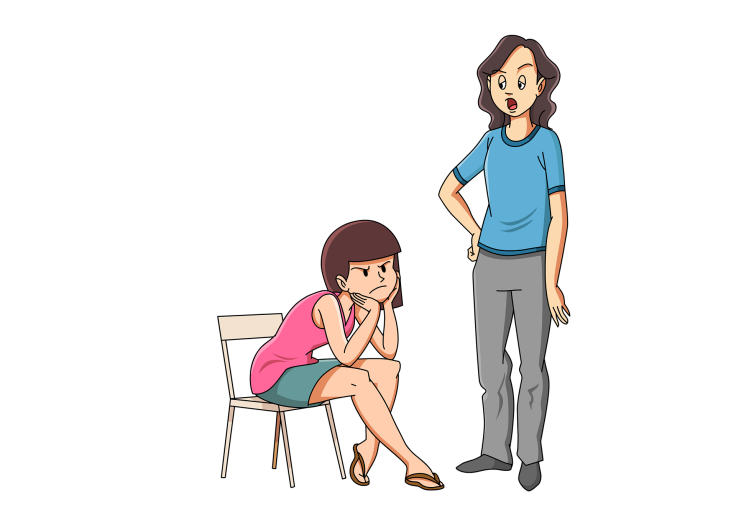Teens Raised By Overcontrolling Parents Struggle With Relationship and Educational Goals As Adults

Overbearing and overcontrolling tactics by parents during a child’s teenage affected their relationships and educational attainments later in life, claimed a new study.
The experts at the University of Virginia sought to determine the long-term impact on the youth of parenting that is psychologically controlling.
Even though they couldn’t establish the cause, their findings demonstrated that overbearing and overcontrolling parental tactics during teenage led to problems in relationships and educational attainments of the children when they turned 32.
“Parents, educators, and clinicians should be aware of how parents' attempts to control teens may actually stunt their progress. This style of parenting likely creates more than a temporary setback for adolescent development because it interferes with the key task of developing autonomy at a critical period," EurekAlert quoted Emily Loeb lead author and postdoctoral researcher at the University of Virginia.
Psychological control has been identified as a problematic parenting behavior. When parents attempt to control their children via intrusive and manipulative means, the children tend to score lesser and have lower self-esteem. They might be discouraged from asserting themselves and gaining independence while growing up.
The Study:
The researchers followed 184 young individuals annually from ages 13 to 32 and asked them to fill out questionnaires about themselves, their parents, and in adulthood- about their level of education and their relationship status.
The researchers also collected data from each of the participants’ peers about how well-liked the teen was in school.
They also observed videos of the participants interacting with their closest friends and the way they did with their romantic partner during adulthood.
Here's what they found:
Overbearing and overcontrolling parents at age 13 were linked to-
- Less supportive romantic relationships by age 27
- Lower likelihood of being in a relationship by the time they turned 32
- Lower educational attainment by age 32
- Being less liked by their peers during age 15-16
Despite routinely attempting to guide their children towards success, overcontrolling parenting during a child’s adolescence has the potential to impede their development that cannot ever be repaired, according to the study’s researchers.
Older research has demonstrated that toddlers with overbearing parents also might face problems managing their emotions and behavior at age 5.
© Copyright IBTimes 2025. All rights reserved.






















